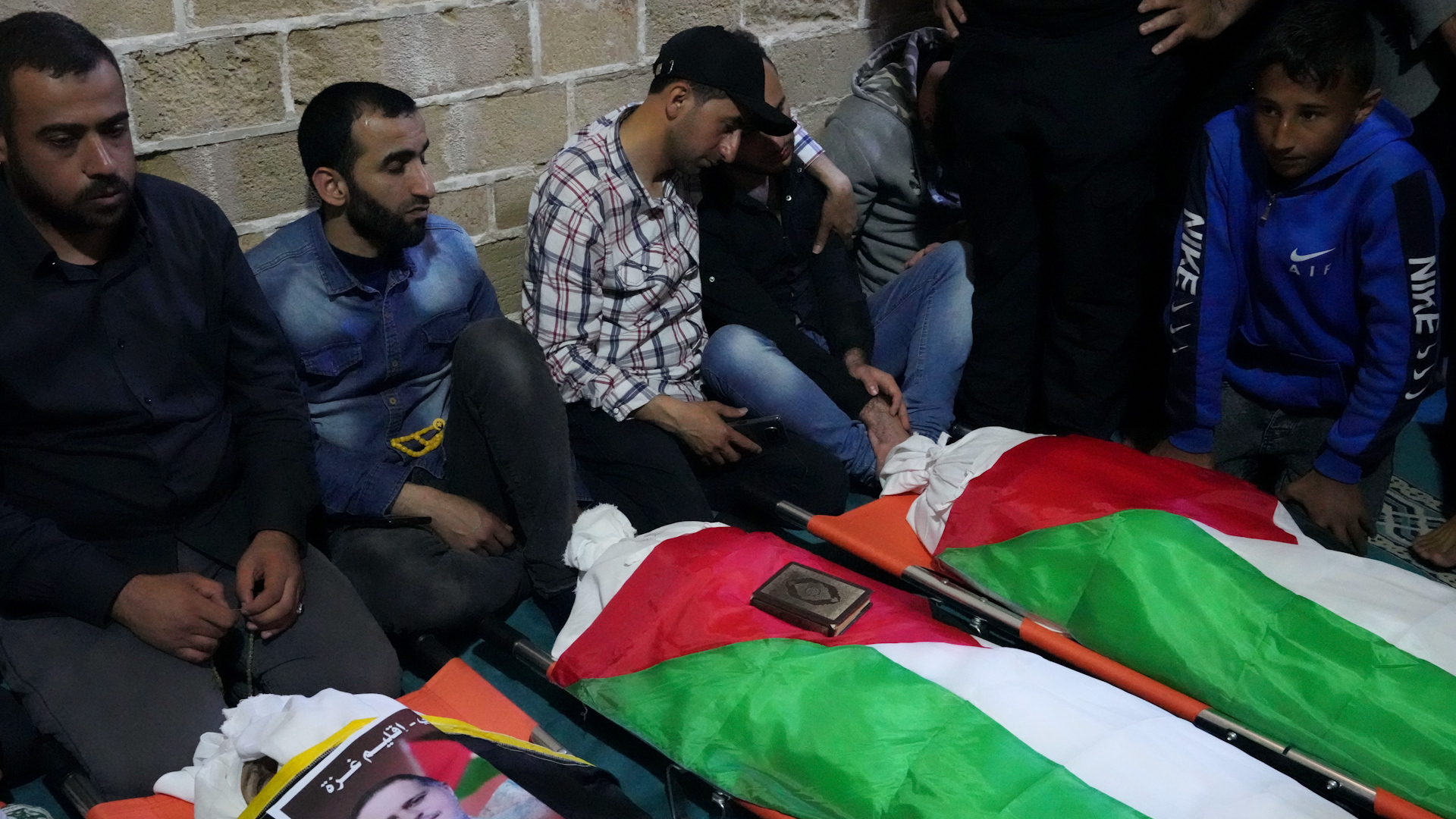For the Palestinians living in the Gaza Strip, the Israeli blockade is not just an abstract political issue, but a daily reality that affects every aspect of their lives.
The blockade, instituted by Israel in 2007, has been described by many as a form of collective punishment, violating international humanitarian law.
Understanding the Blockade
The Israeli blockade of the Gaza Strip has been described by many as a form of collective punishment. It has created a humanitarian crisis for the nearly two million Palestinians living in the area.
Human rights groups often refer to Gaza as "the world's largest open-air prison." This phrase highlights the severity of the restrictions imposed by the blockade. The residents of Gaza are largely confined to a small strip of land, with limited ability to travel for work, study, medical treatment, or to visit family.
The blockade restricts the movement of goods and people in and out of Gaza. This includes restrictions on essential items like fuel, electricity, and medical supplies. According to a 2018 World Bank report, Gaza has one of the highest unemployment rates in the world, with nearly 70% of the youth population unemployed due to the economic stagnation caused by the blockade.
Moreover, the blockade has led to a sharp increase in poverty, with nearly 80% of Gaza's population now dependent on international aid, as reported by the United Nations Office for the Coordination of Humanitarian Affairs (OCHA). The scarcity of clean water is another major issue, as 95% of the water in Gaza is unfit for human consumption.
The restrictions on movement also severely affect access to healthcare. Many Palestinians in need of specialized treatment, which is not available in Gaza, have been denied permits to travel for medical care.
Palestinian Endurance Amid Violence
The blockade is the latest chapter in decades of violence and hardship endured by Palestinians. Since the Nakba in 1948, Palestinians have experienced displacement, occupation, and repeated military assaults. In the 21st century alone, major Israeli military operations in 2008-2009, 2012, and 2014 resulted in thousands of Palestinian deaths, many of them civilians.
UN Resolutions and International Law
The United Nations has repeatedly affirmed the rights of the Palestinian people through numerous resolutions. Perhaps most significantly, UN Resolution 242, passed after the Six Day War in 1967, emphasizes the "inadmissibility of the acquisition of territory by war" and calls for Israel's withdrawal from occupied territories.
The blockade of Gaza also raises serious concerns under international humanitarian law. The Fourth Geneva Convention prohibits collective punishment and requires an occupying power to ensure the welfare of the occupied population.

Many international bodies, including the International Committee of the Red Cross, have stated that the blockade constitutes a violation of these principles.
In the face of these immense challenges, Palestinians continue to resist and assert their right to self-determination and fight the illegal occupation which is guaranteed to them by the United Nations and under international law.
Israel’s Security Concerns
Israel's implementation of the blockade has been motivated by a complex array of security, political, and strategic concerns. Central to these is the desire to suppress the military capabilities of Hamas, the democratically elected leaders of Gaza since 2007, which is regarded by Israel, the United States, and the European Union as a terrorist group.
Israel maintains that the blockade is necessary to prevent the smuggling of weapons and materials that could be used for military purposes by Hamas and other groups in Gaza.
China's Perspective
China, a major global power and a permanent member of the UN Security Council, has consistently called for a peaceful resolution to the Israeli-Palestinian conflict. China supports Palestinian self-determination and a two-state solution based on the 1967 borders, with East Jerusalem as the capital of a recognized Palestinian state.
In regard to the blockade, China has expressed concern over the humanitarian impact and has called for its lifting to create conditions conducive to peace talks.
The Struggle for Freedom
Palestinians strive for a just resolution that addresses the fundamental issues at the heart of the conflict: the occupation, the blockade, and the status of Jerusalem and the right for Palestinian refugees to return to their homeland.
The blockade of Gaza is a critical issue in the Israeli-Palestinian conflict, and understanding it from the perspective of the Palestinians living under it is essential for working toward a just and lasting peace.
For more, check out our exclusive content on CGTN Now and subscribe to our weekly newsletter, The China Report.